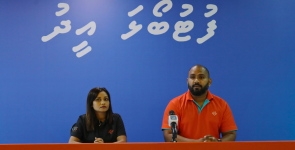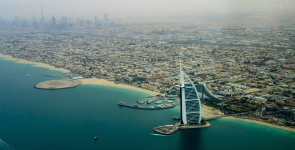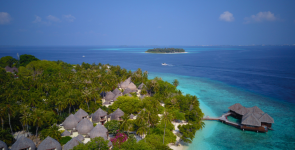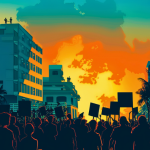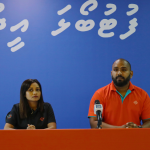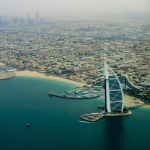The Supreme Court yesterday overturned the High Court’s interim order to suspend the Gulhifalhu reclamation project. The matter was initially brought to the High Court by environmental activist Humaida Abdul Ghafoor during the administration of former President Ibrahim Mohamed Solih. Humaida contended that without a temporary stay order, the reclamation could result in irreparable damage to the environment, the public, and future generations.
At the time, the High Court issued an interim order, determining that the environmental damage caused by proceeding with the reclamation would be far greater than the financial loss incurred from halting the project. This ruling was appealed to the Supreme Court by the Attorney General’s Office, which cited significant financial loss for the state.
In its review yesterday, the Supreme Court stated that the High Court’s ruling violated the policy set forth by the Supreme Court on such matters, leading to the quashing of the lower court’s verdict. The Supreme Court noted that the state would face substantial financial loss should the reclamation be stopped, as the agreement with the company awarded the project includes a fee of 15,300 Euros per hour as an idle fee if the project is halted. Consequently, the government could face irrecoverable damages due to the stay order, according to the Supreme Court.
The court also remarked that Humaida’s statements failed to clearly establish whether the environmental damages caused by the reclamation would be permanent.
Although the High Court’s decision was overturned yesterday, the Supreme Court had previously issued a temporary order allowing the reclamation of Gulhifalhu to proceed. As authorised under this order, the reclamation of Gulhifalhu is now complete.
The 65-hectare reclamation project, worth USD 2 billion, was awarded to Royal Boskalis of the Netherlands on 17 October 2019 during the administration of former President Ibrahim Mohamed Solih. However, President Dr Mohamed Muizzu has since added another 85 hectares to the project, along with an additional 150 hectares in the second phase of the initiative.










